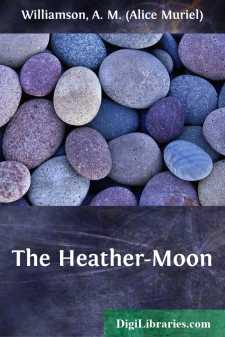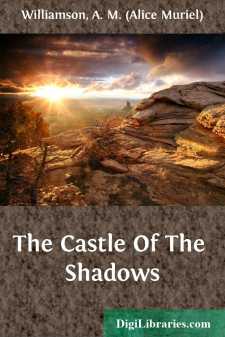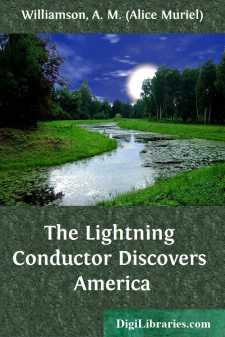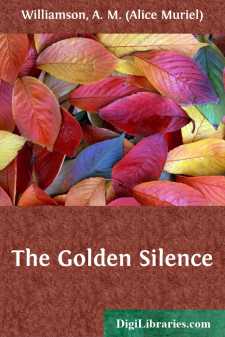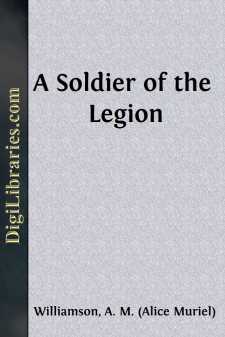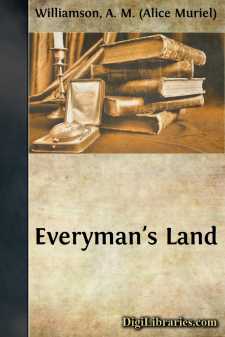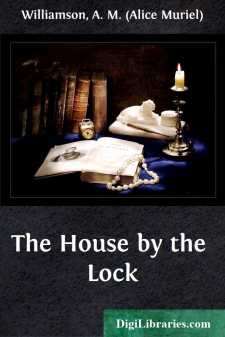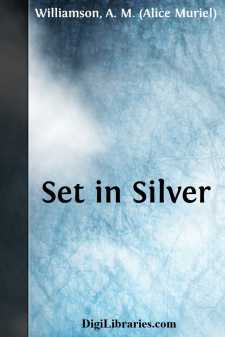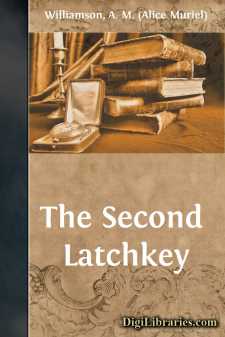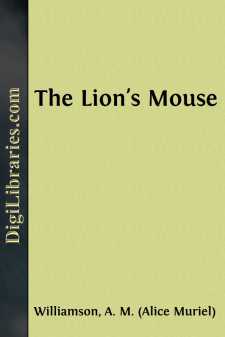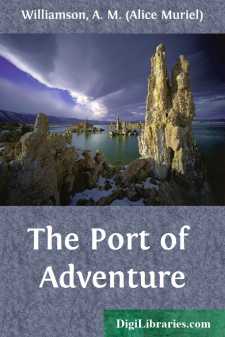Categories
- Antiques & Collectibles 13
- Architecture 36
- Art 48
- Bibles 22
- Biography & Autobiography 813
- Body, Mind & Spirit 142
- Business & Economics 28
- Children's Books 15
- Children's Fiction 12
- Computers 4
- Cooking 94
- Crafts & Hobbies 4
- Drama 346
- Education 46
- Family & Relationships 57
- Fiction 11828
- Games 19
- Gardening 17
- Health & Fitness 34
- History 1377
- House & Home 1
- Humor 147
- Juvenile Fiction 1873
- Juvenile Nonfiction 202
- Language Arts & Disciplines 88
- Law 16
- Literary Collections 686
- Literary Criticism 179
- Mathematics 13
- Medical 41
- Music 40
- Nature 179
- Non-Classifiable 1768
- Performing Arts 7
- Periodicals 1453
- Philosophy 64
- Photography 2
- Poetry 896
- Political Science 203
- Psychology 42
- Reference 154
- Religion 513
- Science 126
- Self-Help 84
- Social Science 81
- Sports & Recreation 34
- Study Aids 3
- Technology & Engineering 59
- Transportation 23
- Travel 463
- True Crime 29
The Heather-Moon
Description:
Excerpt
For the first time in her life, Barrie saw the door that led to the garret stairs standing ajar. It was always, always locked, as is correct, though irritating, for a door that leads to Fairyland.
In Barrie's Outer Life that her grandmother knew, and Miss Hepburn knew, and Mrs. Muir the housekeeper knew, there was—Heaven be praised!—no romance at all; for romance is an evil thing, still worse, a frivolous thing, which may be avoided for a well-brought-up girl though whopping-cough may not; and already this same evil had wrought vast damage among the MacDonalds of Dhrum. In the Inner Life of Barrie, however, there was nothing worth thinking about except romance; and the door of the garret stairs was one of the principal roads to the forbidden land.
She stopped in front of it. At first she could not believe her eyes. Her heart had given a glorious bound, which, only to have felt once in its full ecstasy, was worth the bother of being born into a family where there were no mothers or fathers, but only—ah, what an awesome only!—grim old Grandma MacDonald and Grandma MacDonald's grim old house where Carlisle ends and moorlands begin.
It is difficult to be sure of things when your heart is beating nineteen to the dozen, and the special thing, or mirage of a thing, seems—judging from all else that has happened in Outer Life—much too good to be true. Yet there it was, that streak of dull, mote-misted gold, painting what actually appeared to be a crack between the dark frame of the door and the dark old door itself—just such gold as Barrie had seen at least once a day ever since she could remember (except when mumps and measles kept her in bed) by applying an eye to the keyhole. "Fairy gold" she had named it.
The only person who ever went into the garret was Mrs. Muir, and though she had the air of making no secret of such expeditions, it had always struck Barrie as deliciously, thrillingly strange that invariably she turned the key of the stairway door upon herself the instant she was on the other side, and religiously performed the same ceremony on letting herself out. "Ceremony" really was the word, because the key was large, ancient, and important-looking, and squeaked sepulchrally while it turned. Barrie knew all this, because in spring and autumn, when Mrs. Muir paid her visits to fairylands forlorn beyond the oak door, Barrie lurked under cover of the convenient, thick, and well-placed shadow behind the grandfather clock on the landing.
It was not autumn now, which was part of the mystery, after these endless years of routine (they seemed endless to Barrie at eighteen), and she would certainly have missed the event had this not been her keyhole hour.
Somehow she had become aware—through heredity and race memory, no doubt—that looking through keyholes was caddish, a trick unworthy of any lady who was at heart a gentleman. But there are exceptions to all keyholes, and this was one, because, as none save ghosts and fairies lived or moved behind it in the garret, there was nobody to spy upon. You looked through to stimulate the romance in your starved soul and save it from death by inanition, because if romance died, then indeed the Outer Life at Hillard House would be no longer bearable....


